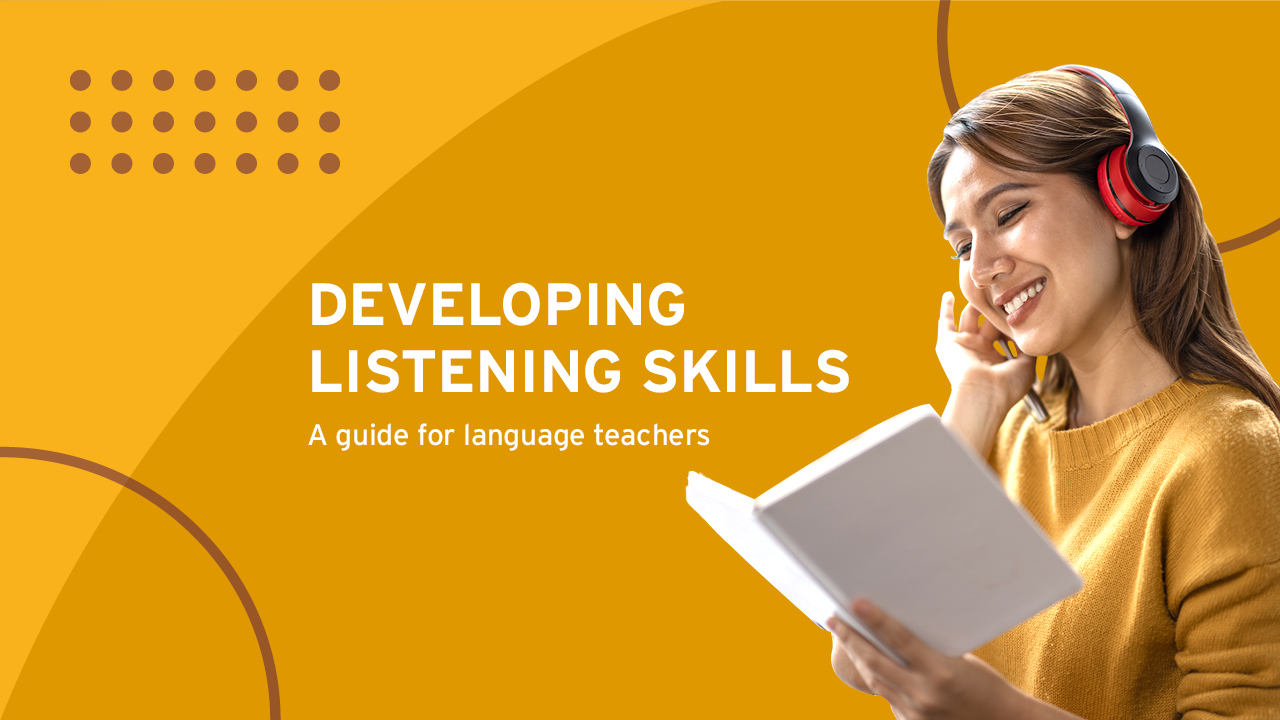When exploring speaking with our learners, it’s important for both teachers and learners to be aware of the processes and sub-skills this involves, as well as consider anyone else involved in the interaction.
- We usually adapt how we speak according to a specific audience/listener in mind. This means considering the most appropriate language and style (register, tone and genre conventions) in each situation.
- In our day-to-day life, we often speak in response to something someone else says or something we have seen, read or heard. For example, someone summarising a lecture they’ve heard, a learner giving a presentation on research findings to a class, a friend telling another about an online post they’ve just seen.
- We often have most to say when we talk about ourselves, our interests and our experiences.
- Longer speaking tasks, for example, presentations or job interviews, benefit from planning, using notes, rehearsing and formative feedback.
- To help convey meaning and logically structure what we say, we use different features of spoken discourse, like stress, intonation, tone, speed of speech and pauses.
About this guide for teachers
This resource is for English language teachers looking to explore and develop speaking skills with their language learners. It includes:
- Techniques for the English language classroom
- Guidance on adapting and creating speaking resources to fit the interests and needs of your English language learners
- Example classroom activities that focus on developing communicative effectiveness, language control and delivery
- Information on formative assessment and other opportunities to assess your learners' speaking skills
- Details of further support resources and CPD opportunities




